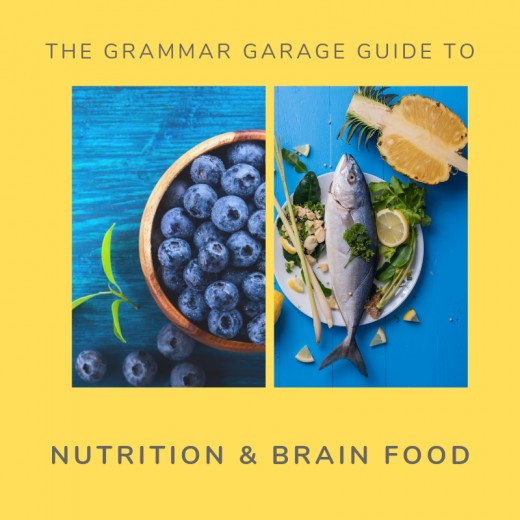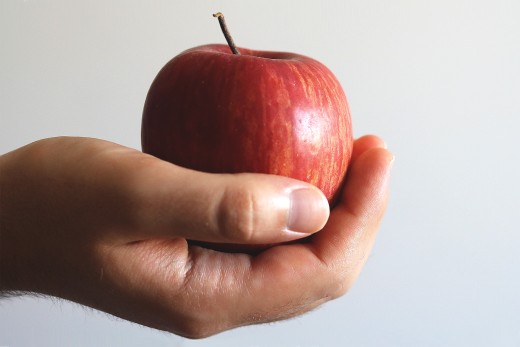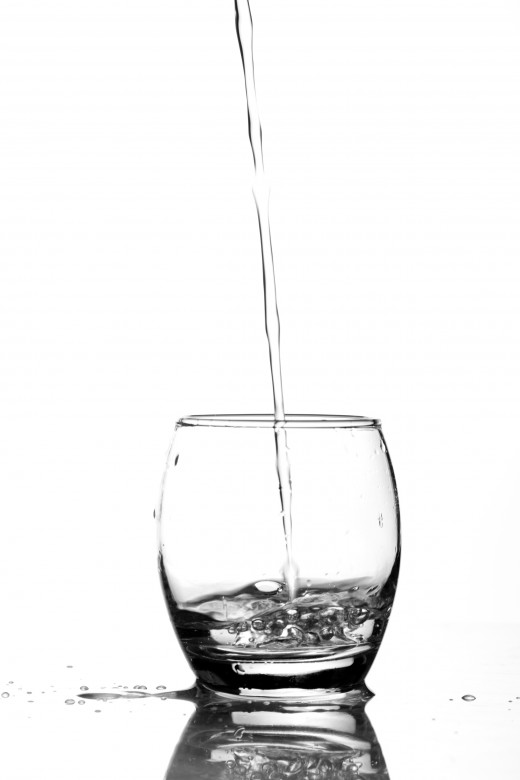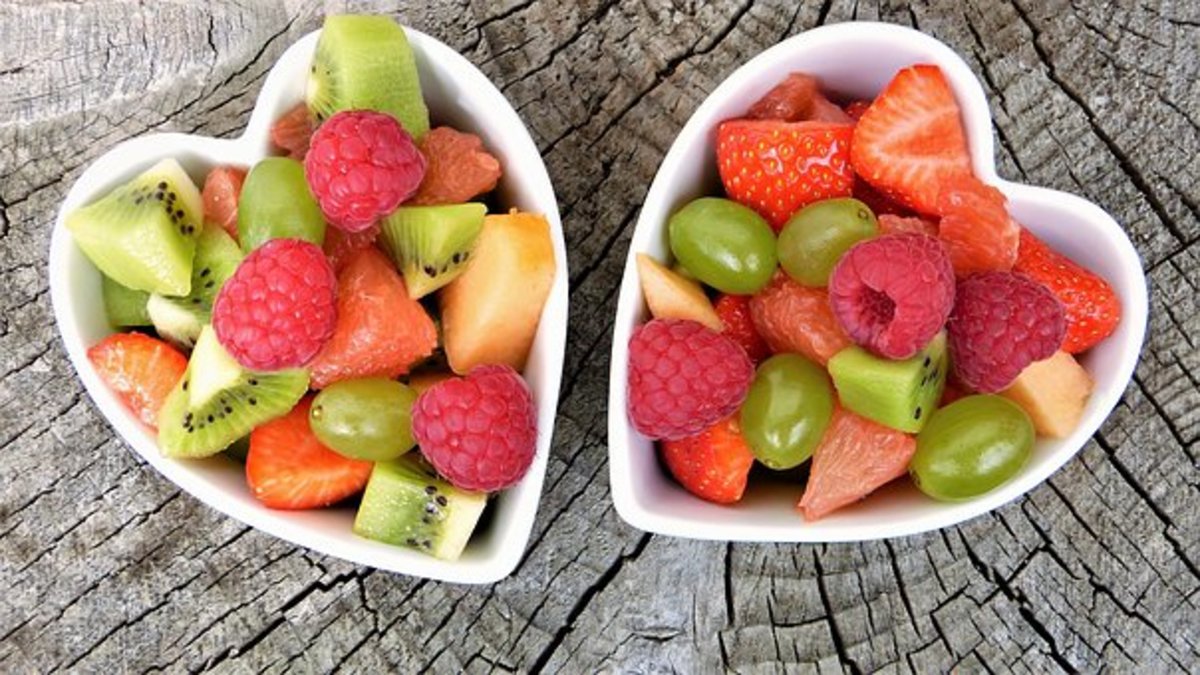Nutrition and Brainfood for Students

Let's be honest...
... we all know what's good for us and how we should be eating - but we like to forget about it when there are easier and faster options available. So here's a reminder of what you already know, along with some tips of how to implement it in your busy college life.
Fact:
When you’re studying for exams or working on a college paper, it is imperative that you eat right. Good nutrition, healthy snacks, and plenty of hydration will help you to focus, maintain your concentration levels and energize your system. If you neglect your diet at this time, your performance is certain to suffer.
Also a fact:
When you’re studying for exams, you are under time pressure, you tend to work past the point of exhaustion and try to keep going on sugar and coffee. It seems impossible to find that extra time to shop for healthy foods and prepare regular meals. Who's got time for cooking when a term paper has to be finished? In this article, we’ll try to help you drop the bad eating habits to be able for the mental marathon that lies ahead of you.

Don’t skip meals. Compared to our other organs, the brain uses an unproportionally large amount of energy every day – almost 20%! Who'd have thought that such a small organ could be so wasteful... To make sure that it keeps working, and to avoid mental fatigue, we have to keep up a steady glucose supply throughout the day. In practical terms, that means that you have to eat at regular intervals - smaller portions more often.
Especially don’t skip breakfast. After a night’s sleep and several hours of not eating, the first meal of the day replenishes your energy stores and provides you with essential vitamins and minerals. Studies have connected the regular eating of breakfast to, among other things, better memory and concentration, so even if you are short on time: this is the meal that will set your brain up for a day’s work. (Another thing that breakfast-eating is linked to is weight loss, as you are less likely to over-snack during the day when you've beat the early hunger. Seems as if Granny was right all along, and breakfast indeed is the most important meal of the day.)

Small meals and snacks. You know how you feel after a large dinner – it certainly doesn’t make you want to face work, but leaves you feeling stuffed and lethargic instead. That and the fact that our energy levels start dropping about 3 hours after we last had food make one thing obvious: smaller meals and snacks 5 or 6 times a day will keep your glucose supplies up without draining you.
Snickers was right all along.
You’re not you when you’re hungry. Instead of reaching for your favourite high-calorie chocolate bar, though, which is full of sugar and fat (and you KNOW that that’s no good for your brain!!!), go for some fresh fruit, a yoghurt, or a bowl of mixed nuts and raisins. Rice cakes, crackers or popcorn are also great snacking options.

Food for your brain. What your grey cells really crave is lean protein (fish, chicken, eggs and nuts) as well as green foods like spinach and broccoli. For a quick lift, try fruit containing natural sugars, for example bananas and blueberries. There will be another article on which foods to eat specifically, and what they do for your brain, so keep tuned in for that!
Plan and prepare! This is the time-saving bit, and here it really pays to be organized. Think about what you are going to eat for the week, plan your meals and snacks for the days ahead, and make a list. Go shopping and STICK TO YOUR LIST. Make sure you include enough snacks that don’t need a lot of cooking or prep time in the kitchen – yoghurts, bananas, rice cakes etc. You don’t have to cook every day – cook bigger amounts and leave small portions in the freezer.
As well as saving you time, this practice of planning out your meals for the week and getting all your groceries in one go at the supermarket saves you quite a bit of money - and money is in short supply for any student I've ever met.
Water, water, water. This is another one you know already: hydration keeps you from feeling tired, lethargic and tense. Dehydration lowers your concentration levels and makes it hard to focus and perform. Make a point of always having a glass of water on the table beside you when you are studying, and get into the habit of bringing a bottle of water with you when you’re out and about.
Make sure you take care of your brain and body in this stressful time - and don't miss our next article on the specific foods that boost brain activity and keep you mentally healthy and active!






